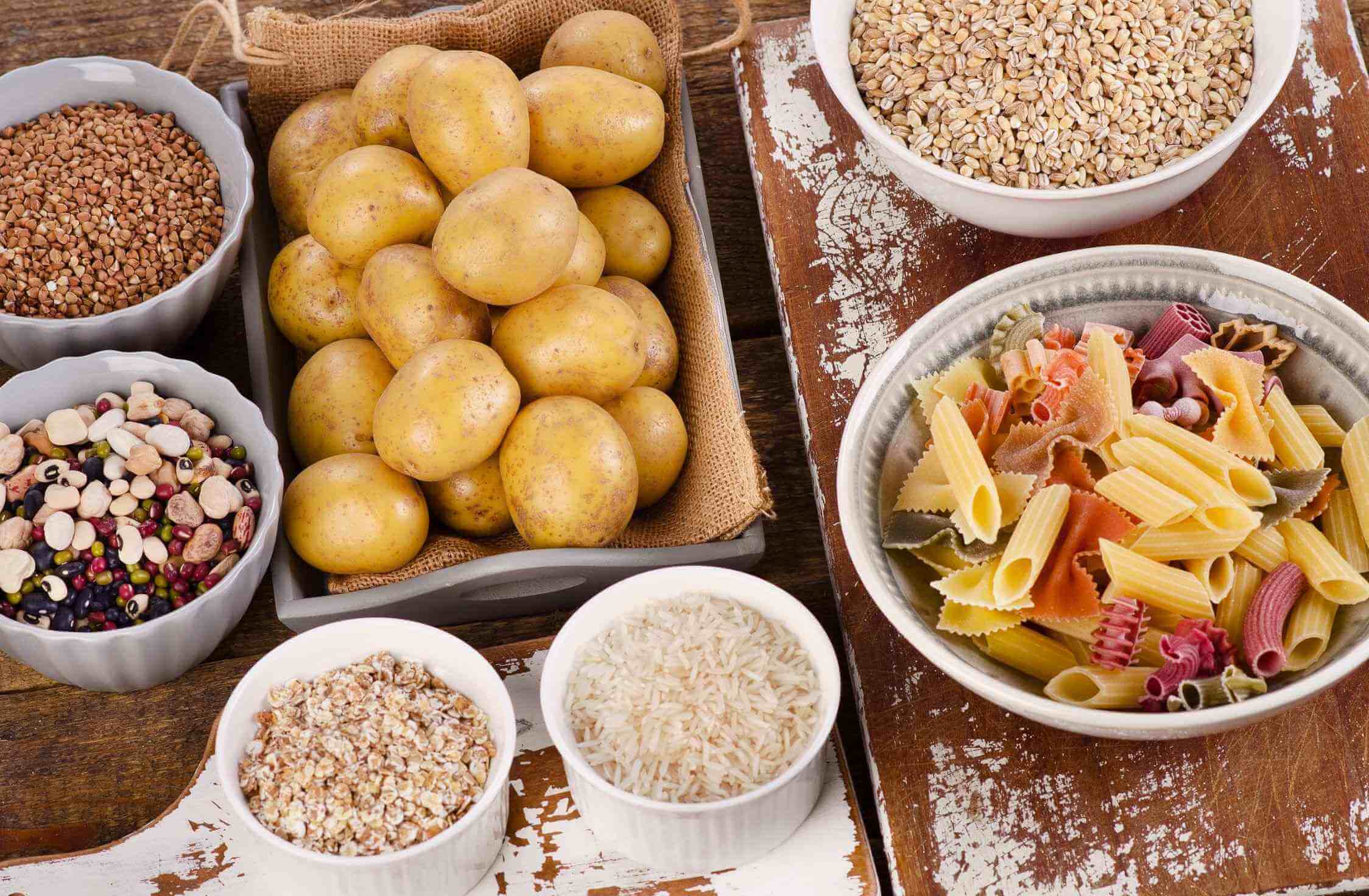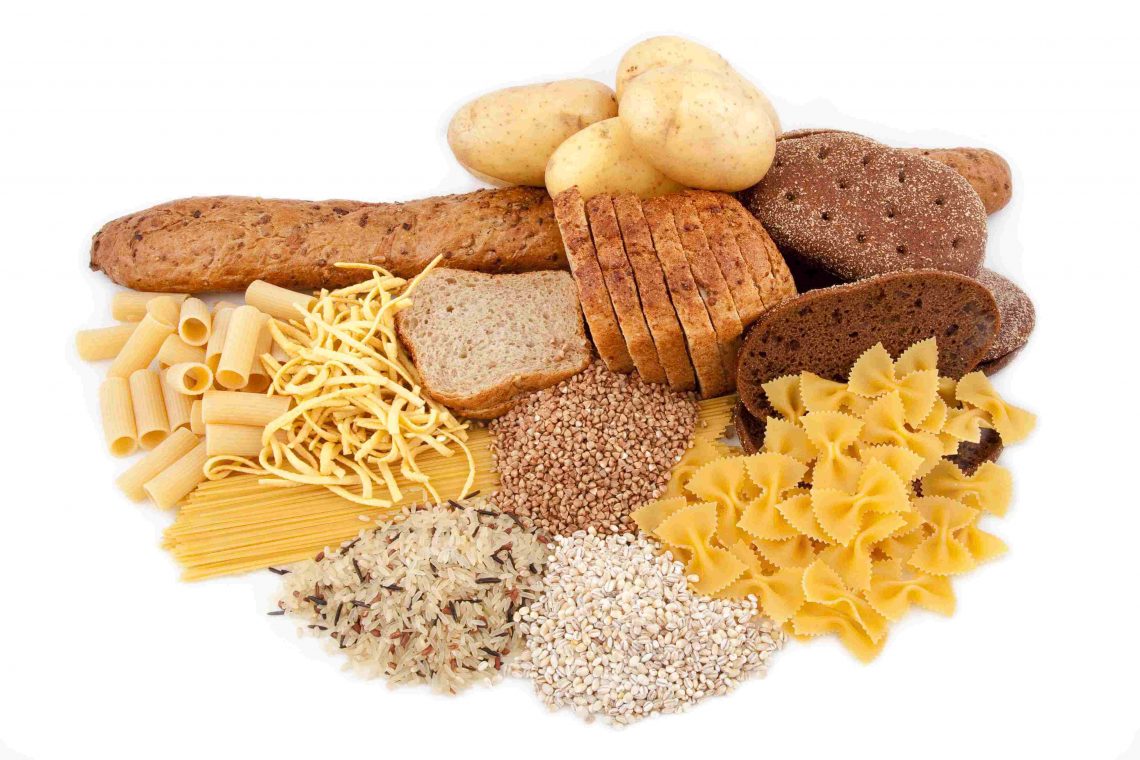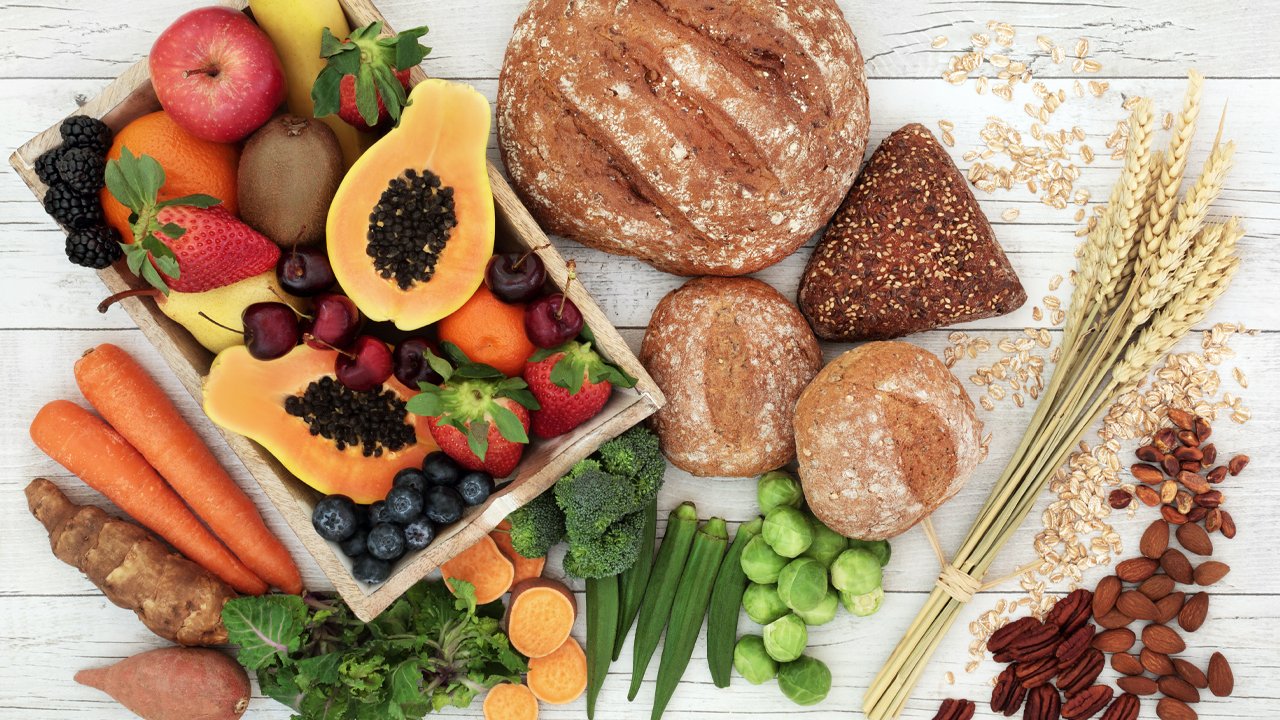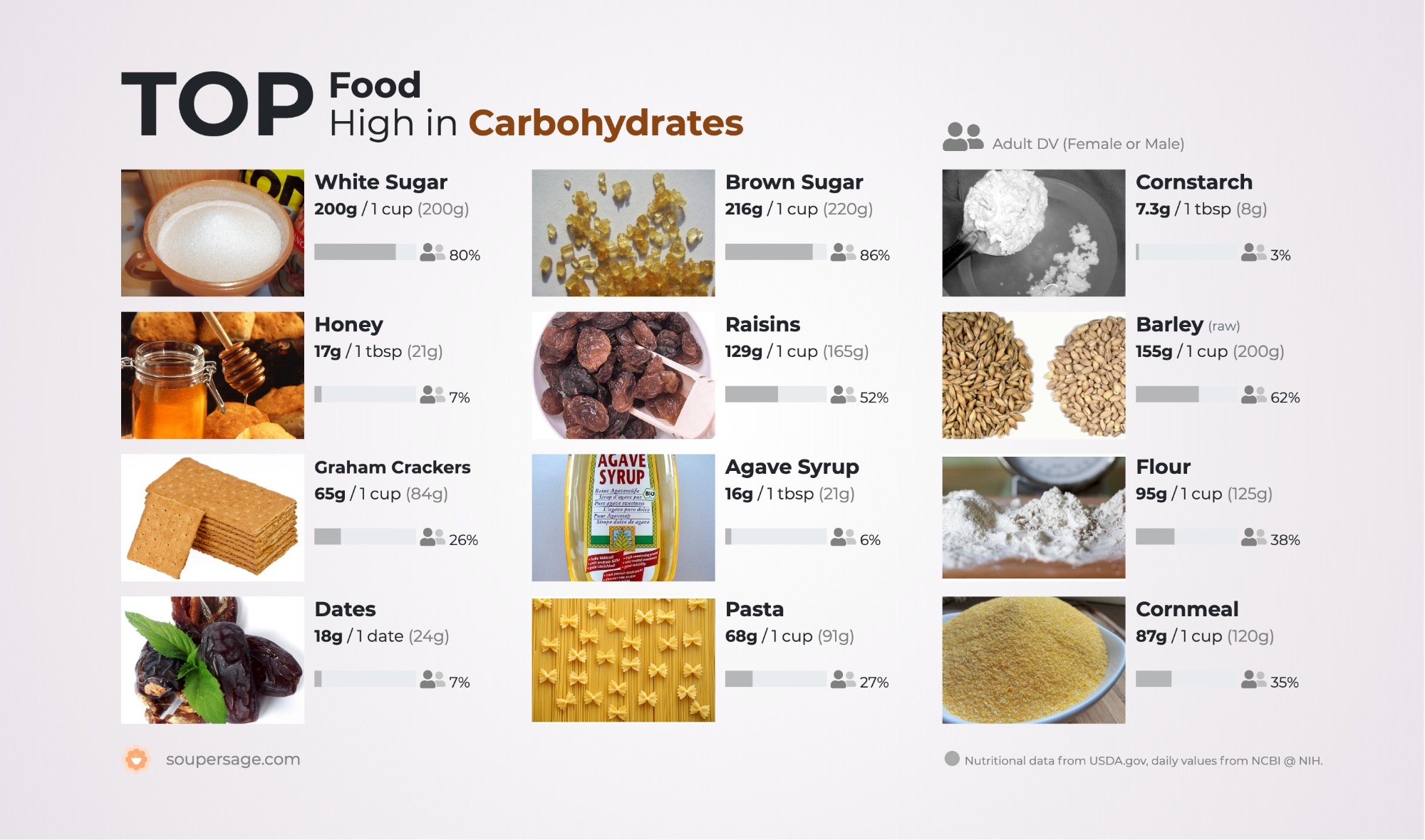foods with high carbohydrate content 14 foods rich in carbohydrates that you must eat
Carbohydrates, often referred to as carbs, are an essential part of our daily diet. They are one of the three main macronutrients along with proteins and fats. Despite the various debates surrounding the consumption of carbs, they play a crucial role in providing energy and supporting overall health. If you have been diagnosed with Polycystic Ovary Syndrome (PCOS), you might be wondering how many carbs you should consume on a daily basis. Let’s dive deeper into this topic.
Understanding PCOS and Carbohydrates
In PCOS, the ovaries produce higher levels of androgens, which are male hormones. This hormonal imbalance can lead to various symptoms such as irregular menstrual cycles, weight gain, and insulin resistance. Many individuals with PCOS have insulin resistance, which means their body has difficulty processing carbohydrates and maintaining stable blood sugar levels.
While it is crucial to understand that every person’s nutritional needs are unique and should be assessed by a healthcare professional, there are certain guidelines that can help when it comes to carbohydrate consumption and PCOS.
Optimal Carbohydrate Intake for PCOS
According to leading nutrition experts, including Martha McKittrick, a renowned nutritionist, and Healthifyme, a trusted health platform, it is generally recommended that individuals with PCOS focus on inclusiveness rather than strict exclusions when it comes to carbs. Consuming a controlled amount of complex carbohydrates, which are high in fiber and take longer to digest, can be beneficial.
Complex carbohydrates include whole grains, legumes, fruits, and vegetables. These foods provide essential nutrients and are generally lower on the glycemic index, meaning they have a gentler impact on blood sugar levels. They also contain fiber, which aids in digestion and promotes satiety.
However, it is important to note that the optimal carbohydrate intake for someone with PCOS can vary depending on individual factors such as age, weight, activity level, and overall health. Consulting with a registered dietitian or nutritionist who specializes in PCOS can help determine the right balance of carbs for your specific needs.
14 Foods Rich in Carbohydrates to Include in Your Diet
When incorporating carbohydrates into your PCOS-friendly diet, it’s essential to choose nutrient-dense options. Here are 14 foods rich in carbohydrates that you should consider adding to your meals:
 1. Sweet Potatoes
1. Sweet Potatoes
Sweet potatoes are an excellent source of complex carbohydrates and are rich in vitamins and fiber. They have a lower glycemic index than regular potatoes, making them a great option for individuals with insulin resistance.
- Quinoa
Quinoa is a complete protein and a fantastic alternative to refined grains. It is high in fiber, which aids in digestion and helps regulate blood sugar levels. Quinoa is also gluten-free, making it suitable for individuals with gluten sensitivities.
- Brown Rice
Brown rice is a whole grain and a healthier choice compared to white rice. It contains more fiber, nutrients, and antioxidants. Its slower digestion can help maintain steady blood sugar levels and prevent energy crashes.
- Lentils
Lentils are a protein and fiber powerhouse. They are low in glycemic index, rich in essential nutrients, and can help stabilize blood sugar levels. Adding lentils to your meals can promote satiety and support overall digestive health.
- Beans
Beans, like lentils, provide a combination of protein and fiber. They are a fantastic addition to meals for individuals with PCOS. Beans can help regulate blood sugar levels and improve insulin sensitivity when consumed as part of a balanced diet.
- Oats
Oats are a whole grain that contains soluble fiber, which helps slow down digestion and keep you feeling full for longer. They are a great breakfast option and can be customized with nuts, seeds, or fruits to enhance nutritional value.
- Berries
While fruits, in general, contain carbohydrates, berries are particularly rich in antioxidants and fiber. These colorful superfoods can add a delicious and nutritious element to your meals while supporting your PCOS-friendly eating plan.
- Broccoli
Broccoli is a low-calorie vegetable that contains carbohydrates along with essential vitamins and minerals. It is high in fiber, which aids in digestion and helps regulate blood sugar levels. Including broccoli in your meals can add variety and valuable nutrients.
- Brussels Sprouts
Similar to broccoli, Brussels sprouts are a cruciferous vegetable that offers a variety of nutrients and benefits. They are low in calories and contain a mix of fiber, vitamins, and minerals while providing a source of carbohydrates for energy.
- Whole-Wheat Bread
When it comes to bread, opting for whole grains is essential. Whole-wheat bread contains more fiber and nutrients compared to refined white bread. It can help regulate blood sugar levels and provide better satiety.
- Butternut Squash
Butternut squash is a delicious and nutrient-dense vegetable. It contains carbohydrates, fiber, and essential vitamins. Its natural sweetness can make it an appealing addition to a PCOS-friendly diet.
- Chickpeas
Chickpeas, also known as garbanzo beans, are a versatile legume that can be used in various recipes. They are rich in carbohydrates, fiber, and plant-based protein. Incorporating chickpeas into your meals can support stable blood sugar levels and overall health.
- Apples
Apples are a popular fruit choice for their crisp texture and natural sweetness. They contain carbohydrates, fiber, and important vitamins. Eating apples with their skins on can increase their fiber content.
- Spinach
While spinach may not be the first vegetable that comes to mind when thinking about carbohydrates, it offers a variety of essential nutrients while being low in calories and carbohydrates. It is rich in fiber, iron, and vitamins A and C.
It is important to note that portion control and balance are key when including carbohydrates in your PCOS-friendly diet. Consulting with a healthcare professional or registered dietitian can help you determine the right amount of carbs to include based on your specific needs and goals.
In conclusion, carbohydrates are not the enemy when it comes to managing PCOS. By focusing on complex carbohydrates, incorporating nutrient-dense foods into your meals, and finding the right balance for your individual needs, you can support your overall health and well-being while managing PCOS effectively.
If you are looking for 14 Foods rich in Carbohydrates that you must eat - Healthifyme you’ve came to the right place. We have 5 Pictures about 14 Foods rich in Carbohydrates that you must eat - Healthifyme like 14 Foods rich in Carbohydrates that you must eat - Healthifyme, How Many Carbs Should You Eat a Day with PCOS? - Martha McKittrick and also How Many Carbs Should You Eat a Day with PCOS? - Martha McKittrick. Read more:
14 Foods Rich In Carbohydrates That You Must Eat - Healthifyme
 www.healthifyme.comcarbohydrates foods rich eat carbs must diet healthifyme
www.healthifyme.comcarbohydrates foods rich eat carbs must diet healthifyme
14 Foods Rich In Carbohydrates That You Must Eat - Healthifyme
 www.healthifyme.comcarbohydrates healthifyme
www.healthifyme.comcarbohydrates healthifyme
Carbohydrates Explained: Should We Eat Them? If So, How Much?
 www.uchealth.comcarbohydrates carbohydrate good nutrition eat health should haylee hannah provided answers rd common month both bad questions national during
www.uchealth.comcarbohydrates carbohydrate good nutrition eat health should haylee hannah provided answers rd common month both bad questions national during
How Many Carbs Should You Eat A Day With PCOS? - Martha McKittrick
 marthamckittricknutrition.comcarbs eat many carbohydrates food sources pcos should nutrition
marthamckittricknutrition.comcarbs eat many carbohydrates food sources pcos should nutrition
Top Food High In Carbohydrates
 www.soupersage.comcarbohydrates
www.soupersage.comcarbohydrates
Carbohydrates carbohydrate good nutrition eat health should haylee hannah provided answers rd common month both bad questions national during. Carbohydrates explained: should we eat them? if so, how much?. 14 foods rich in carbohydrates that you must eat